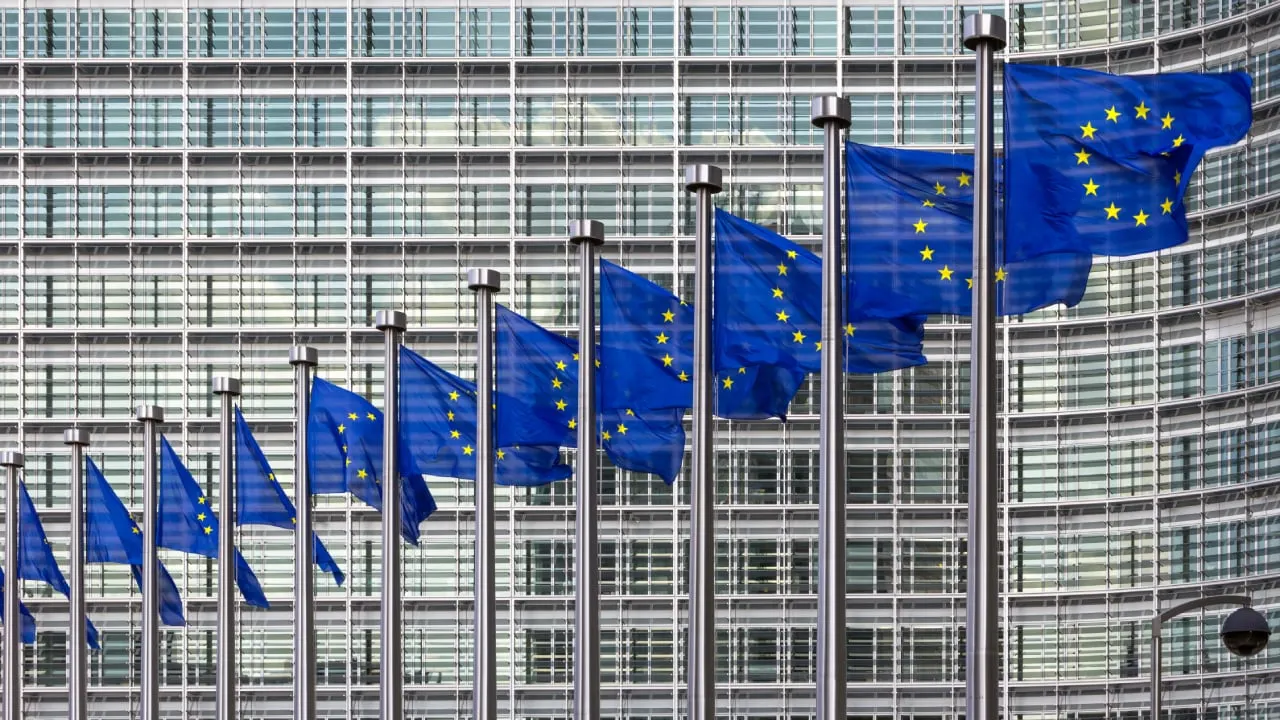New research from the European Central Bank suggests that public awareness about plans for a digital euro has increased substantially—but this hasn't been matched by a rise in the number of consumers interested in using it.
About 19,000 households across 11 EU countries took part in the study, which exposed one of the biggest roadblocks to adoption: Many of those polled are perfectly happy with the payment methods they already use.
Participants shown a video explaining the key benefits of this central bank digital currency were "more likely to update their beliefs about this new form of payment" than those who weren't, and to become more willing to consider adoption.
But researchers found that this uptick was "relatively short-lived with the effects of communication largely fading away three months after our information experiment."
The campaign also appeared to have other limitations. Those who saw this short 90-second clip were then invited to learn more information about the digital euro for free—but most chose not to do so.
According to the report, this indicates clear communication about this CBDC's practical features will be "essential" for policymakers—but it may need to be repeated, and targeted at consumers who aren't interested in the digital euro.
"A substantial portion of consumers report that they would likely not adopt the digital euro, primarily due to a strong preference for an existing payment method," the authors wrote.
About 28% of participants had said they were prepared to embrace the digital euro back in August 2022, rising to 45% in June 2023. But this figure remained "virtually unchanged" up to March 2024, despite knowledge about this CBDC spreading.
Noting that 97% of households own a bank account of some kind, the report warned: "The propensity to adopt may have begun to hit a 'ceiling' where more than 50% of consumers are not willing to embrace the new payment instrument."
All of this comes as other economies pull back on their plans for a CBDC, amid concern from critics that it could be used to spy on consumers… and erode their privacy.
Donald Trump vowed he would "never allow" a digital dollar to be created prior to his election—sentiments echoed by his now Treasury Secretary Scott Bessent.
Edited by Stacy Elliott.

